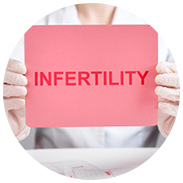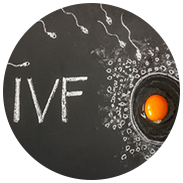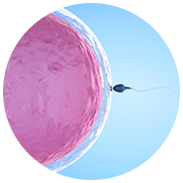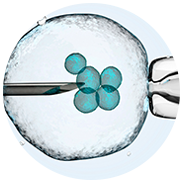- Home/
- FAQs
FAQs

What are alternatives to IVF?
Some alternatives to IVF treatment could be intrauterine insemination (IUI), fertility medications, lifestyle changes to improve fertility, and exploring other assisted reproductive technologies such as donor sperm or egg. However, only experienced fertility specialists can tell you which one amongst them is best suited for you based on the diagnosis of your condition.

Does insurance cover the cost of IVF?
Unfortunately, insurance policies usually do not cover the expenses of infertility treatments, including IVF. These treatments are typically considered elective and not categorized as medically necessary, resulting in limited or no insurance coverage for IVF costs. However, check with your insurance provider for details and confirmation.

Are fertility medications heavy in IVF?
No, not at all. An experienced IVF specialist will tailor the dosage to dosage individual's needs based on age, ovarian reserve, and treatment response.

Are there any natural remedies or alternative therapies for infertility?
Yes, based on the root cause of your infertility, remedies like acupuncture, dietary supplements, stress management techniques, and specific lifestyle changes could prove effective. However, consult an IVF specialist for a personal counselling session before embarking on these.

What are the emotional and psychological effects of infertility and IVF?
The emotional and psychological impacts of infertility vary depending on the hormones and treatment prescribed to address the root cause of your infertility. However, stress, anxiety, and feelings of loss or inadequacy are the most common symptoms. Seeking emotional support, counselling, and joining support groups can help individuals navigate these challenges effectively.

I have both PCOD and endometriosis; what are my chances at IVF?
Success rates vary depending on the severity of the conditions, age, overall health, and certain other factors. Therefore, we recommend a consultation with a fertility specialist to assess your condition's severity accurately before providing an informed description of your chances of a successful IVF treatment.

Are there any natural remedies for treating PCOD?
While there is no cure for PCOD, regular exercise, a balanced diet, weight management, and stress reduction techniques may help manage symptoms while improving overall health and wellness. Consult an experienced fertility specialist for guidance on treatment options.

Does homeopathy help treat infertility issues in men or women?
While some individuals may find homeopathy helpful for infertility, little scientific evidence supports its efficacy and effectiveness. Consult an experienced fertility specialist for guidance on evidence-based treatment options.

Can I opt for a loan to go through IVF treatment?
Many financial institutions offer loans for IVF treatment provided the borrower meets their eligibility criteria. Additionally, patients can finance the procedure through accessible EMI choices at our clinics. However, it is vital to research and compare different options to find the one that best addresses your requirements.

Is it possible that the husband can be the reason for the wife's inability to conceive?
Almost 40% of all cases of a couple's infertility are related to the male factor. Low sperm count, poor sperm motility, abnormal sperm morphology, STDs, and other reproductive health issues are the leading causes of male infertility. However, we advise both partners to undergo fertility assessment to determine the cause of a couple's infertility, helping an IVF specialist prepare an accurate and effective treatment plan.













